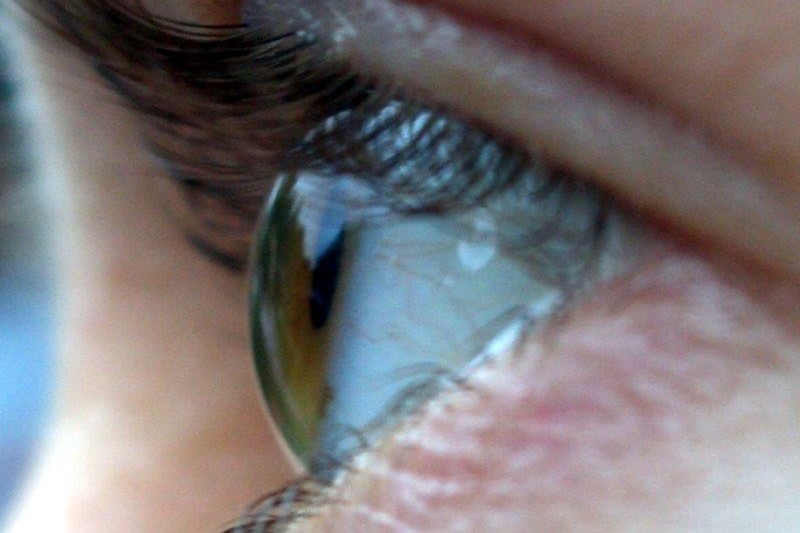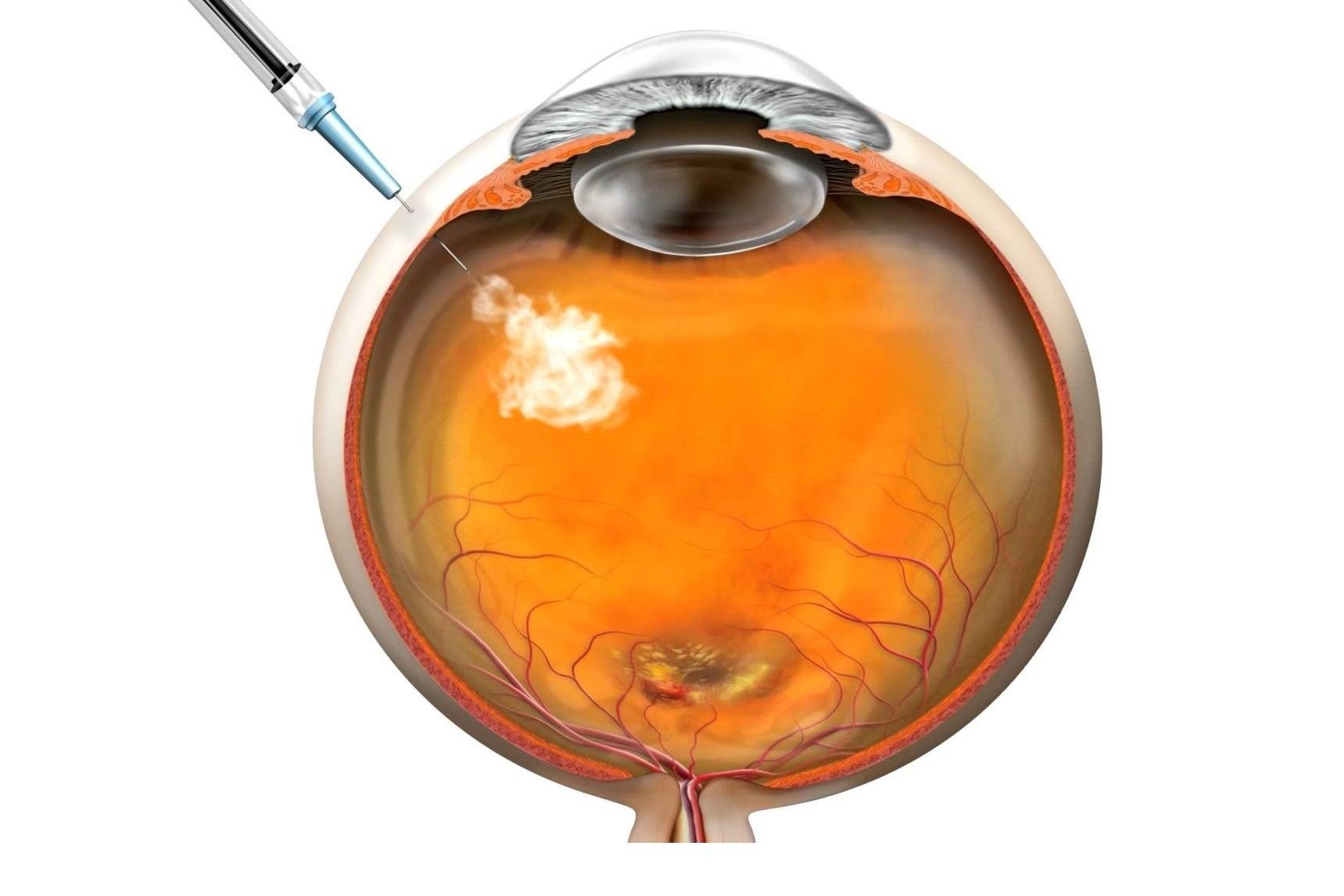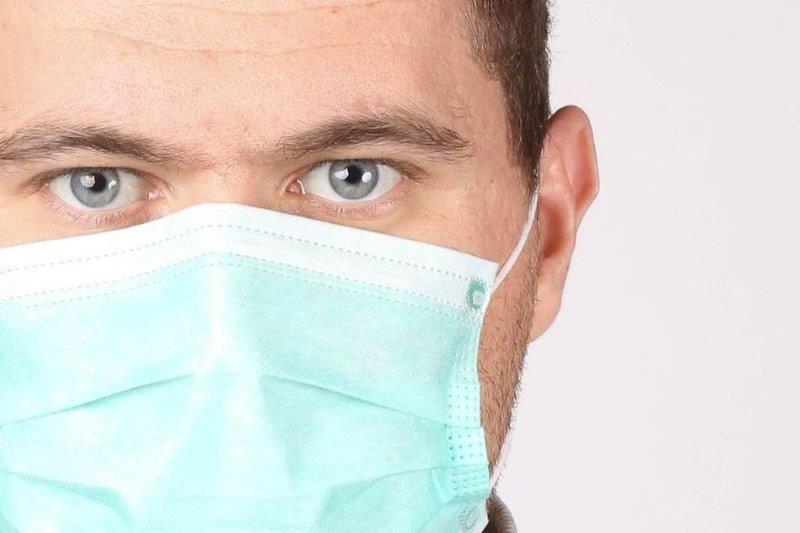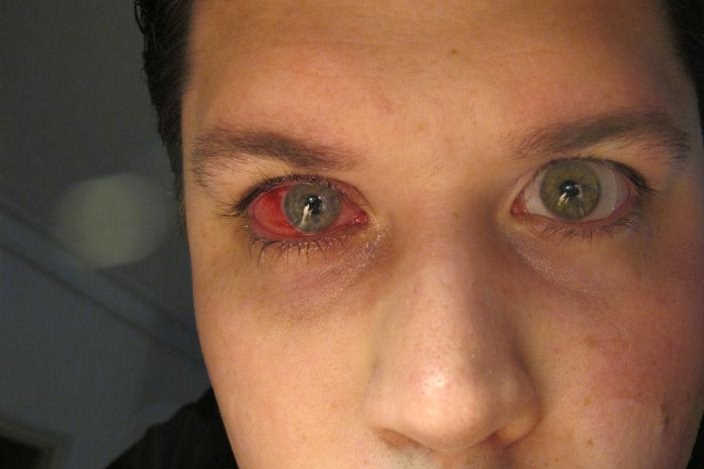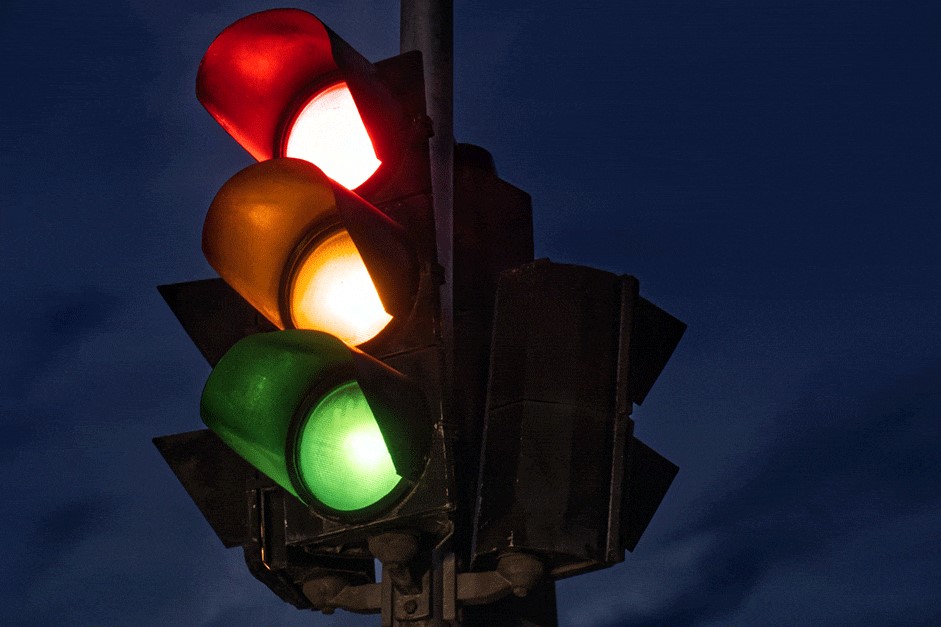Eye test to aid long-Covid diagnosis?
A routine eye examination could allow doctors to detect long Covid in patients, according to a new study.
Led by Dr Gulfidan Bitirgen from Necmettin Erbakan University, Turkey, the study included 40 Covid-19 patients and 30 healthy controls. It revealed that long-Covid patients suffer from corneal nerve loss and an increase in dendritic cell density, suggesting corneal confocal microscopy could offer a quick, objective ophthalmic diagnosis, especially in patients with neurological symptoms.
According to the study, long Covid is defined as signs and symptoms that develop during or following an infection consistent with Covid-19 and which continue for more than four weeks and are not explained by an alternative diagnosis. It affects at least 10% of patients recovering from the initial infection, they said.
The study was published by the British Journal of Ophthalmology.









